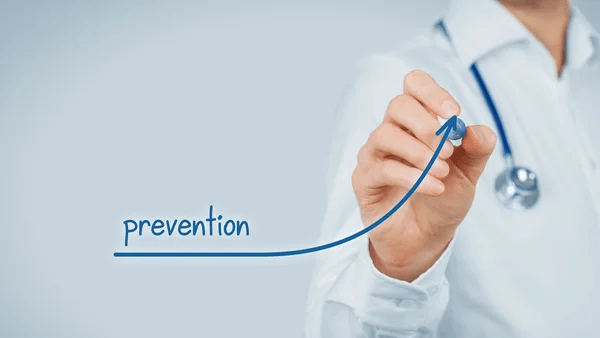In the journey toward a healthier and more fulfilling life, the adage “prevention is better than cure” holds profound wisdom. Embracing preventative actions for health and wellness is not just a matter of taking action before a problem arises; it’s a strategic investment in one’s wellness. In this article, we explore the pivotal significance of preventive measures in safeguarding and enhancing our physical, mental, and emotional health.
Understanding Prevention
Preventative actions involve proactively addressing health risks before they escalate into full-blown health issues. These actions span a wide spectrum, from adopting healthy lifestyle habits to undergoing regular health screenings. Embracing prevention means being vigilant, informed, and taking steps to minimize the chances of developing chronic illnesses or encountering preventable health crises.
Physical Wellness: The Foundation
Preventative actions are the building blocks of physical health. Regular exercise, a balanced diet, and proper hydration contribute to maintaining a healthy weight, managing blood pressure, and improving cardiovascular health. These habits not only enhance energy levels and vitality but also reduce the risk of chronic conditions such as diabetes, heart disease, and obesity.
Mental and Emotional Health: Nurturing Resilience
Prevention extends to mental and emotional wellness. Prioritizing stress management, practicing mindfulness, and seeking therapy when needed are crucial preventive steps. By acknowledging and addressing emotional challenges early on, individuals can prevent them from escalating into more complex mental health issues.
Regular Health Screenings: Unveiling Hidden Risks
Regular health screenings are essential components of prevention. These screenings detect potential health issues before symptoms manifest, enabling early intervention and treatment. From blood pressure checks to cholesterol tests, screenings provide insights into risk factors and guide individuals toward healthier lifestyle choices.
Risk Factor Management: Proactive Approach
Preventative actions also involve managing risk factors associated with specific health conditions. For example, quitting smoking and limiting alcohol consumption significantly lower the risk of lung and liver diseases, respectively. Addressing risk factors through preventative measures empowers individuals to reduce their vulnerability to serious health problems.
Empowerment through Education
Education is a key pillar of prevention. By staying informed about health risks, symptoms, and recommended screenings, individuals can make educated decisions about their wellness. The empowerment that comes from understanding one’s health fosters proactive engagement and personal responsibility.
Economic and Social Impact
Preventative actions also have broader societal implications. Healthier individuals contribute to more robust communities and economies. By reducing the burden on healthcare systems through prevention, resources can be allocated more effectively to address urgent medical needs.
Conclusion
The importance of preventative actions for health and wellness for women, men, and children cannot be overstated. These actions are a testament to our commitment to a life of vitality, resilience, and longevity. By embracing a proactive approach to wellness, we not only safeguard our own health but also set a positive example for others to follow. Prevention is a gift we give ourselves – a gift of empowerment, awareness, and the promise of a healthier, happier future.







